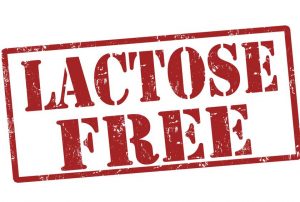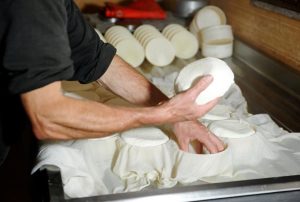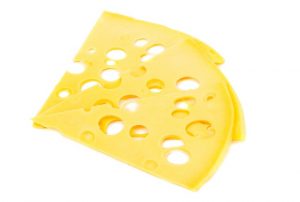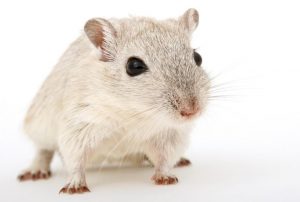25 / 05 / 2023
7 Bizarre Facts About Cheese!
When you really stop and think about it, cheese is a downright bizarre food. From the way it’s made to the thousands of varieties out there to the ways it is eaten across the globe, cheese is unlike any other food on earth. But even if no day is complete without some night cheese, we bet that there’s a lot you didn’t know about this ancient and odd food.
It’s Great for Your Teeth
Cheese is high in calcium, which is good for bones and teeth, and some varieties help stimulate saliva production, which eliminates sugar and acids from the mouth, helping to prevent tooth decay. End a meal with a lump of cheese – it could revolutionise your visits to the dentist!

Eating Cheese Before Bed Can Help You Sleep
According to a study by the British Cheese Board, thanks to a high amount of the amino acid tryptophan in cheese, eating a piece or two of cheese before hitting the hay every night can help you fall asleep quicker.

Some Cheeses are Safe for Lactose Intolerant People to Eat
Since lactose is a type of sugar, the less sugar found in a cheese, the less lactose. And the older a cheese is, the less sugar in it. Natural aged cheeses like Parmigiano-Reggiano should be fine for lactose intolerant people to digest.

The Same Bacterium Is Responsible for Both Smelly Cheese and Smelly Feet
If the smell of stinky cheese reminds you of the smell of feet, it’s no coincidence: Both contain the same bacterium, called Brevibacterium linens.

The World’s Most Expensive Cheese Is Made With Donkey Milk
A Serbian donkey milk called pule is widely regarded as the most expensive cheese on earth, fetching upwards of $600 per pound. Only about 100 donkeys are milked for pule, and the cheese is smoked after it’s made.

Scientists Have Only Recently Discovered What Makes the Holes in Cheese
It’s long been assumed that carbon dioxide released by bacteria is responsible for the holes in Swiss cheese, but a recent study by a Swiss laboratory has found that it’s in fact tiny flecks of hay in the milk that cause them. These microscopic flecks develop into bigger holes as the cheese matures.

Mice Don’t Actually Like Cheese
Cheese-loving mice are an accepted part of life, like cats liking tuna. But in reality, mice prefer grains, fruits, and manmade foods that are high in sugar, and tend to turn up their noses at very smelly foods, like cheese. In fact, a 2006 study found that mice actively avoid cheese and dairy in general.







